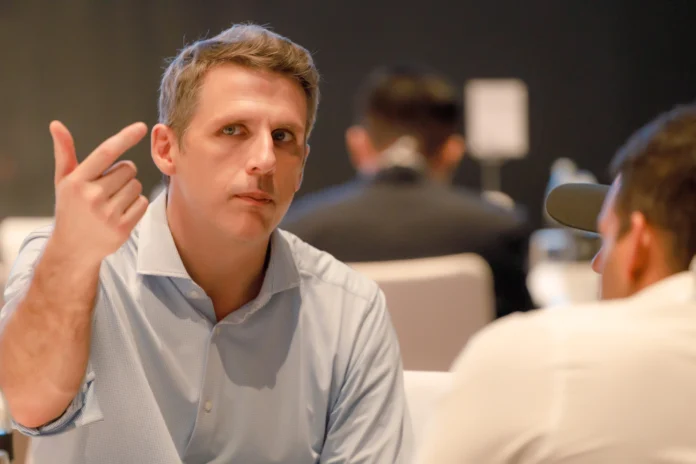Read the uplifting story of Sebastien Picard, founder of xcube.co, who turned burn-out into a journey of personal growth. In “The Bright Side of the Dark Side,” see how facing mental challenges helped him become stronger and more resilient. By Emma Chiau, Pyschology Researcher at xcube.co HighlightsStartups Founder’s Burnt-Out JourneyThe Highs and Lows: A Balancing…
RELATED ARTICLES
© NewInAsia.com 2024









